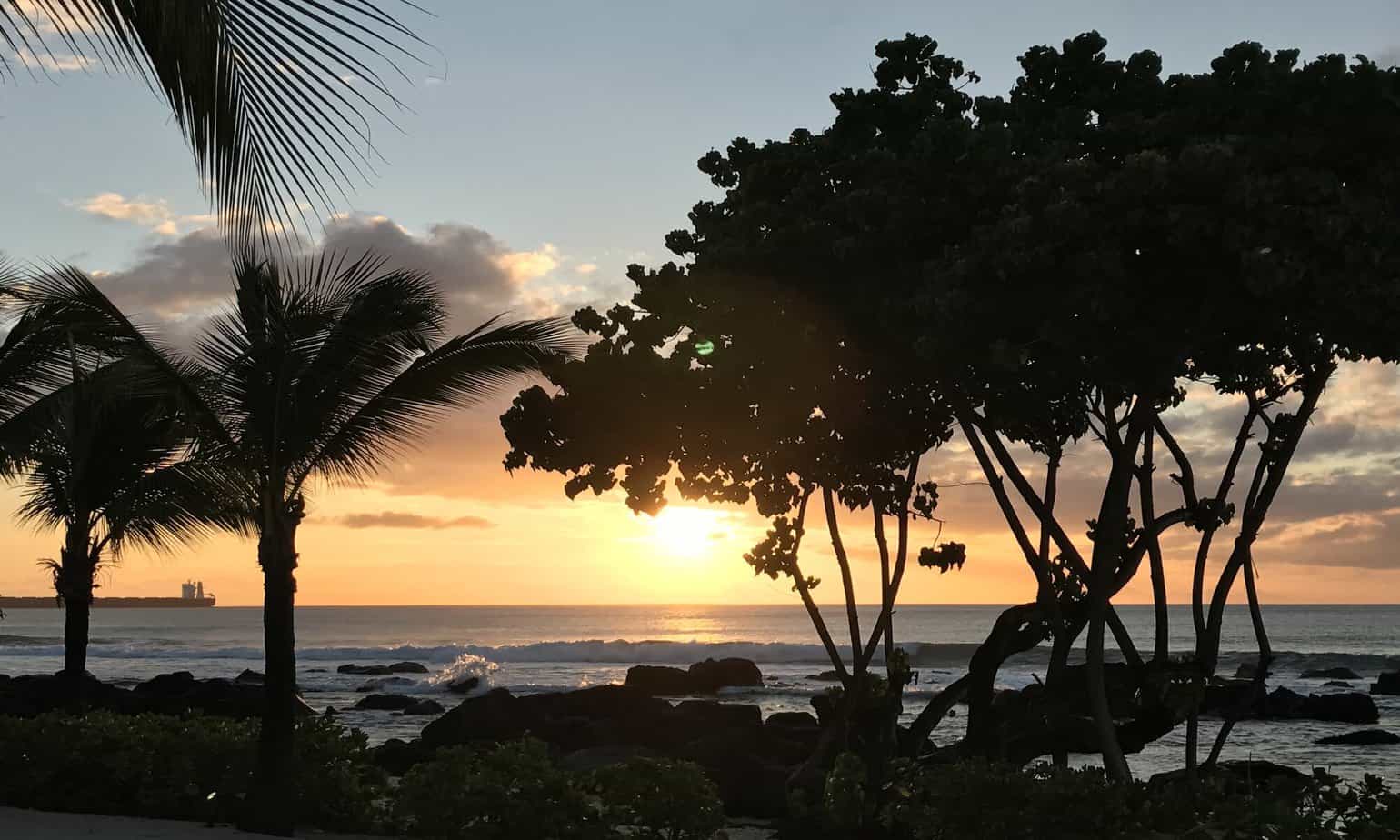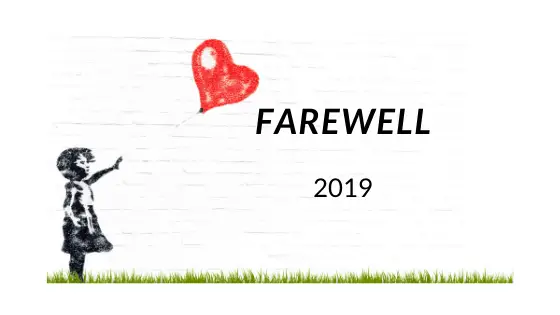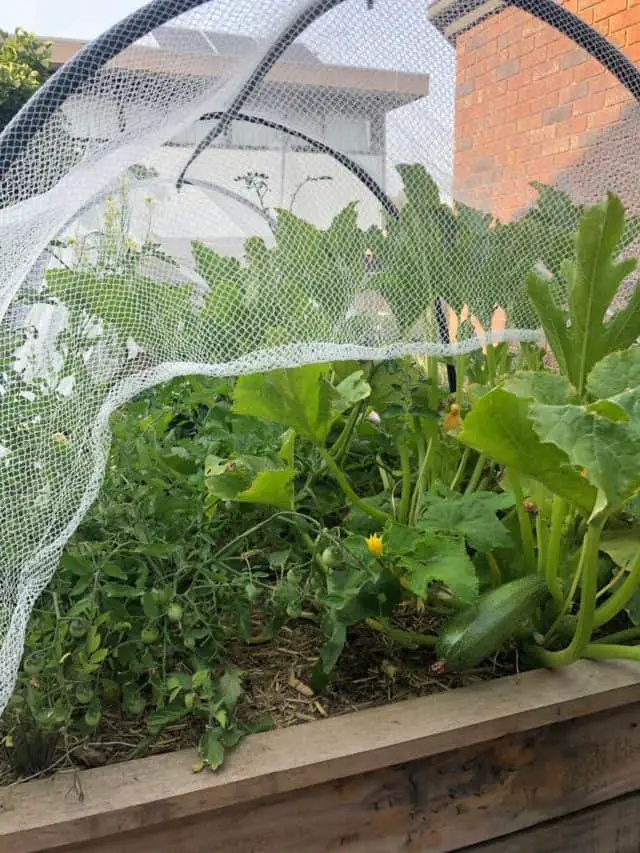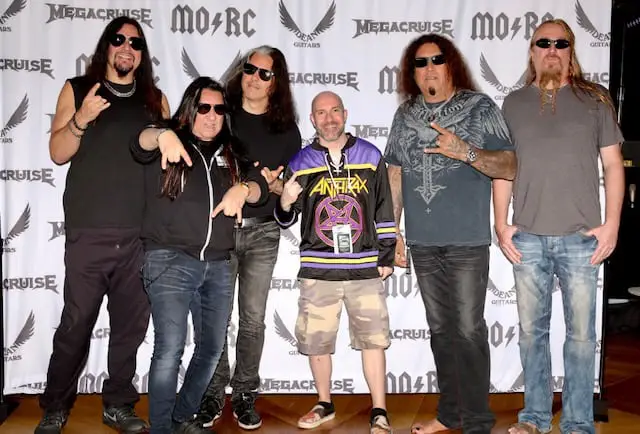
Welcome to episode #3 of the Late starter to FI series.
I want to particularly highlight stories and the FI (financial independence) journeys of late starters, those of us who start pursuing FI in our 40s, 50s and 60s.
I hope sharing these stories will demonstrate that it is absolutely not too late to start saving and investing for our retirement. Obviously the earlier we start, the easier it is to achieve our FI number. But it is not impossible.
Today we meet Chris, who generously offered to share his story. Chris writes at Heavy Metal Money, a blog about his journey to FIRE as a single dad with 3 teenage children. His story brings another perspective to the (a)typical FIRE story.
You can connect with Chris at the following social media:
Facebook: https://www.facebook.com/MoneyHeavyMetal/
Twitter: @MoneyHeavyMetal
Instagram: @MoneyHeavyMetal
And now, over to Chris …
A bit about me
My name is Chris. I live in Forest Lake, Minnesota, USA. This is about 30 miles north of the twin cities of Minneapolis and St. Paul.
I’ve recently turned 46. I have three teens – 17yo daughter, 19yo son, and a 17yo adopted daughter.
My hobbies are technology and music. I work for a large technology company as a systems engineer and love what I do. So my professional and personal life tend to blend together.
I’m also really passionate about and enjoy music. I attend a lot of live concerts. This is one of my “why’s” of FI. To have the freedom to attend concerts and see the bands I love!
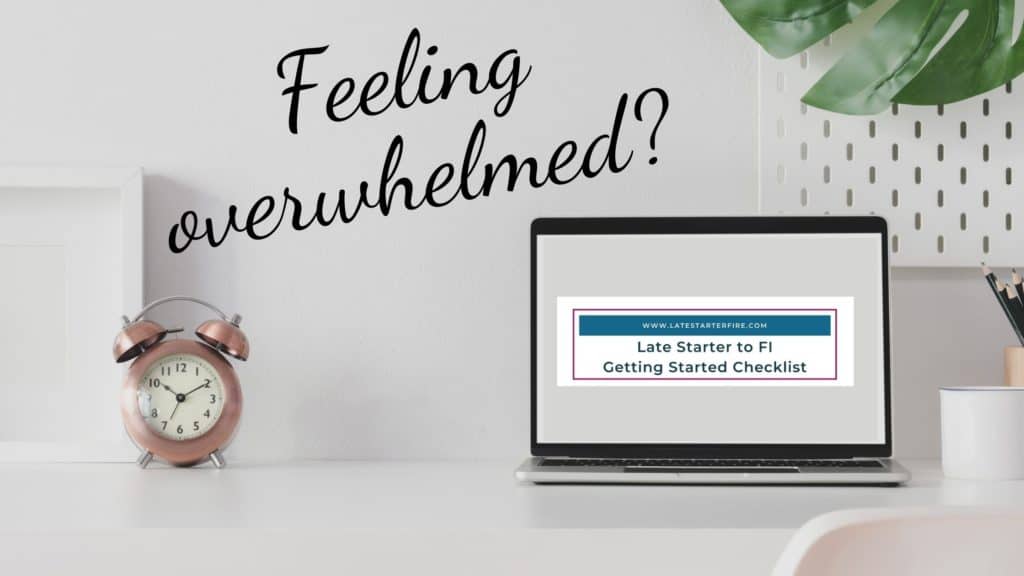
Feeling Overwhelmed?
Use this FREE Checklist to start your journey to Financial Independence
My lightbulb moment
Divorce.
This was the catalyst that started my journey.
I had been married for 15 years, and together for 18-ish years. My wife always handled the bills and money. I went to work but never really looked at finances. It was a shock to the system when upon my wife leaving, I had to learn to pay the bills and reconcile accounts and such.
I refinanced the home, re-evaluated insurance and really started to look at the budget, since I was now on a single income. For example, I had no idea I was paying over $100 for DishNetwork! I had been over paying for homeowners insurance for years for the same coverage offered by another agency. There were many examples of this.
I then started reading books and blogs about budgeting which led to personal finance and the FIRE movement.
You can read more in my post – My Journey to Retirement after Divorce Part 1.
Around the same time of this life changing event, my father passed away. I was working through his estate, clearing out and selling his home. And having inherited an IRA and 401k with a little bit of cash, I was learning how to manage the inheritance.
Again, as with the divorce, I learned that there was this FIRE movement and realised that if I were intentional, I could choose to retire much earlier than I thought.
Taking steps on the FI path
The first step was taking inventory / budgeting. Really, it was listing and tracking spending for a few months. Then examining where to cut and save. I love the quote from Ramit Sethi – “spend lavishly on those things that you value but cut relentlessly on those things you don’t” I realised I could cut so much mindless spending and really not miss it.
Another step was changing jobs. I had loved my previous job, and found it fulfilling. It was fun and challenging. And I enjoyed my work family. However, when there was an opportunity to move to another organisation doing similar work, I was able to increase my salary. And continue enjoying what I do.
The importance of not succumbing to lifestyle creep, and saving and investing the increase is a huge step. I think more people would benefit from this. It is so easy to become content with the current job. Continue to stay hungry and be open to explore outside of your comfort zone. Another opportunity may be exactly where you need to be.
Factors impacting my financial plan
I am fortunate that my former wife and I have divorced amicably. Yet, this did affect my path to retirement. A pretty significant portion of my investment account, a 401k from a previous employer was allocated to my former wife upon divorce. I did however, stay in the family home which was deeded to me.
I had been decreed to pay child support to her for my two biological children and this was set up straight away back in 2014, and was automatically paid every month. I had been fortunate my wife and I had agreed on a reasonable amount as both children were being carried on my health insurance. (I have friends and acquaintances that were paying much more in child support) This amount did get reduced by half once my son was 18yo and graduated high school. I now have approximately 9 months left of the remaining child support.
With regard to my children’s education, I look at this very much the same as how I was raised. I paid for my technical education by working part time in school. I have always expressed to my children that if they are working, and contributing to pay for their schooling/college, my former wife and I would help financially. However, we have yet to incur any substantial impact. I would match what the children have saved for their used cars, and so far that worked out for one of my kids.
I have spoken to my children about the importance of having a plan and college may not be the best path. I’d not want them to incur a large student debt with a possible degree that may not even be used in the future. I have nothing against those that go to college and getting a degree. However, I do look at the ROI, and earning potential. In my example, I have been fortunate to provide for a family and make a living while not having a degree.
You can read more in my post – Can you get ahead without a college degree?
Reflections on starting late on the FI journey
One of my biggest challenges is being single/divorced. Having two incomes with similar views on spending, saving and investing could really accelerate one’s path to FI. And having someone to share goals and dreams on why you’d want to achieve FI.
Along the same line, attempting to date or meet people while living a frugal lifestyle can be challenging. A couple of drinks and an appetiser can be $45! Dinner with a couple of drinks can be $60! I recently went on a date and the woman I was out with told me she was spending $318 a month on DishNetwork! Yikes! It’s hard to swallow … haha.
On the flip side, being single does make it a little easier in some areas. You aren’t in a position to ‘convince’ anyone of a frugal lifestyle. One of the benefits of choosing FI later in life, is that the kids are older – you aren’t continuing to pay for activities, diapers, formula and daycare. You still need to say ‘no’ when your teens ask to go out to eat all the time. And only go out once or a couple times a week.
Relationship with money now
I remember one of the first things I ever purchased … gulp! I mean financed … was something so stupid. I was 22 years old and really needed (wanted) a new combo guitar amp. All I worried about was the ability to get it for $32/month. Who knows how much I actually paid and what the interest rate was. I just cringe thinking about it.
I don’t think of money in the same way now. It really is a representation of the choices or freedom you can have. I look at debt in a completely and totally different way. Personally, I don’t hold any debt. My home, vehicles are all paid for.
I recently took a cruise vacation of a lifetime, and having the freedom to pay for it in cash was a crazy feeling. Also being able to spend on things guilt free changes the relationship with money. Check out my article – How Budgeting Can Set You Free
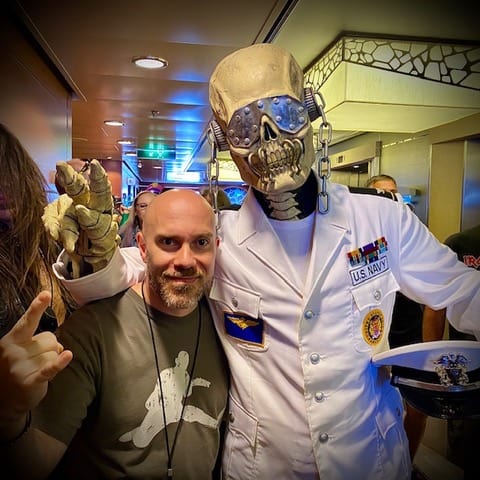
What's next?
I’m currently tracking to have the choice to retire by the age of 55. My current net worth is at $1.2M, in a mix of IRAs, 401k, brokerage account and 6 month emergency fund. I also have 5 investment rental properties generating positive cash flow. My primary residence is paid off.
However I hold approximately $572 000 in commercial debt in a portfolio loan for the rental properties. I am now experiencing some anxiety and restlessness by having this commercial debt. Early on, I never really thought about it. I had the mindset “my tenants will pay this debt”. In recent months, I really started to examine how much interest is being paid every month and that with all the debt paid off, my cash flow would increase dramatically. Then based on current monthly living expenses, I could have reached FI NOW! So I am quite anxious on getting this debt paid.
I have begun to accelerate the commercial loan pay down and plan to have this debt paid off by 2025.
I’m currently REALLY evaluating what is my “why”, what gets me up in the morning. I am exploring starting a non profit foundation to help families that incur medical related debt.
Latestarterfire here
While divorce was the catalyst to start Chris on his path to financial independence, he has made a lot of progress on the way. Earning more in a better paying job and investing in rental properties while at the same time, cutting expenses on things he did not value has accelerated his path.
You are well on your way to achieving FI, taking these steps. I look forward to hearing more on your progress, Chris and your idea of starting a non profit to help families with medical related debt. Thank you for sharing your story.
